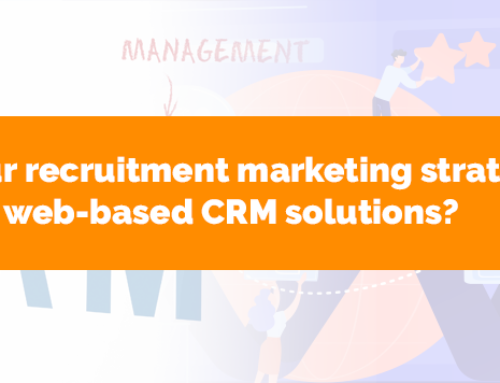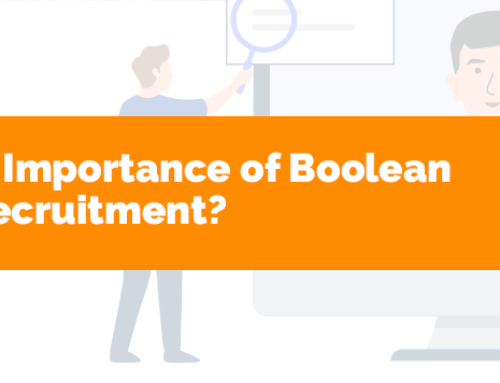Web based recruitment software has come a long way since we first started seeing applicant tracking systems come on the scene. Nowadays, it’s almost impossible to recruit without using the web in some way or other. With very few exceptions, job seekers only use online job boards. Even if you intend to use a broadsheet newspaper to advertise, they use their online platforms. Head-hunters will trawl sites like LinkedIn, so whatever we do, we need to use some form of web based recruitment software.
Applicant Tracking Systems Are Still a Favourite
There is no doubt about it: applicant tracking systems have transformed the work of recruitment departments. No longer do we receive hundreds or thousands of paper copies of CVs and cover letters. In most cases, it is still possible for applicants to send speculative CVs, but it’s usually done online now (although there are a few enterprising people who will physically take their hard-copy CVs around with them from place to place).
The beauty of an ATS is that you can do everything – paper-sift scoring, interview bookings, online tests, and even online interviews. Make sure you get the right system, however, as some of them aren’t quite match-fit yet.
Online Video Interviewing
Although it happened before, Covid-19 has accelerated the use of video interviewing. For national and international organisations, it not only conveys a huge cost saving in terms of reduced travel costs, but it also improves your carbon footprint.
Of course, there are some tricks and tips to video interviewing from both the interviewer and interviewee’s point of view. First, interviewers should ensure that they know who is asking what and in what order, mute when not speaking, and dress in the usual office attire – even if it’s only from the waist up. We will definitely be going back to the office one day, and we need to ensure that our dress codes are embedded from day one.
Other web based recruitment software
A tool that is becoming increasingly common for organisations is web-based references. They certainly have their place, but be aware that some organisations will just use them to provide references.
There are also online assessment tools. Some of these are general, while others are specific to certain types of roles, such as software developers. Online psychometric and neuroscience tests can be useful if you do a lot of recruiting and the price is right. The landscape is changing all the time, so keep an eye out for new developments.
All of these tools come with a price tag, and you need to do your homework to find what is right for you and your budget. Most of them are modular, so you can add more later if you choose. Be sure you know what you are looking for when you start and which aspects are non-negotiable.







